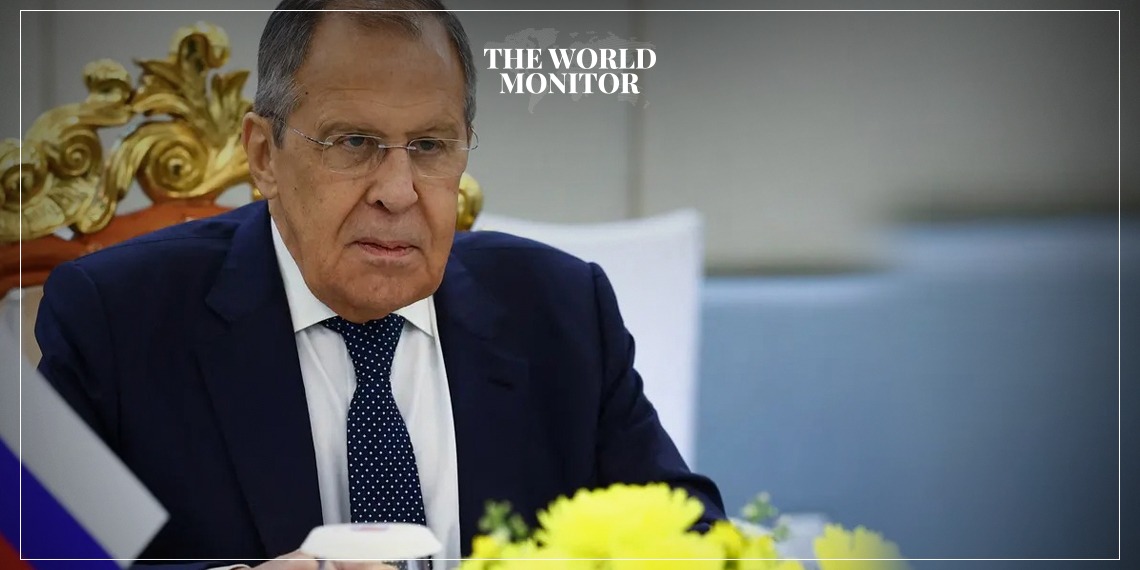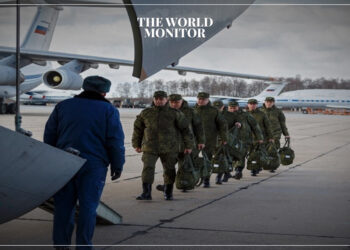Russian Foreign Minister Sergey Lavrov has raised alarm over intelligence indicating attempted attacks on two critical gas pipelines, the TurkStream and Blue Stream, situated in the Black Sea. Lavrov made these revelations during a speech at the Russian Embassy in Bangladesh.
In his address, Lavrov referenced the ongoing negotiations surrounding grain exports and highlighted Russia’s resolve to safeguard its interests. He stated, “Now that everybody insists that we allow them to export our grain again, we will not let them pass through humanitarian corridors which were used to launch those drones to attack not only our warships, but also civilian vessels.”
Russia’s top diplomat drew attention to the presence of warships patrolling the routes of the TurkStream and Blue Stream pipelines in the Black Sea, alluding to their crucial role in countering potential threats. He further explained, “We have been patrolling these sectors in the Black Sea as there is information that indicates attempts are being made to blow them up, too, like they blew up the Nord Streams.”
Lavrov also expressed dissatisfaction with the handling of the investigation into the sabotage of Russia’s Nord Stream gas pipelines, lamenting the lack of a comprehensive and transparent inquiry. He noted that national agencies were reportedly overseeing this investigation, resulting in a dearth of information regarding the incident.
This disclosure comes in the wake of earlier statements by Russian President Vladimir Putin, who, during a news conference following discussions with Turkish President Recep Tayyip Erdogan, revealed that the TurkStream and Blue Stream gas pipelines, vital for Russia’s gas supply to Turkey, had been subject to consistent attacks. These attacks included the use of drones launched from Ukrainian Black Sea ports.
The revelation of attempted attacks on the TurkStream and Blue Stream pipelines adds another layer of complexity to the ongoing tensions and geopolitical challenges in the region, further emphasizing the significance of securing critical energy infrastructure.






